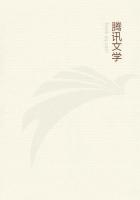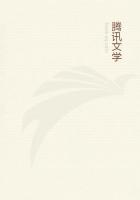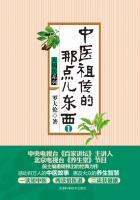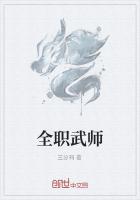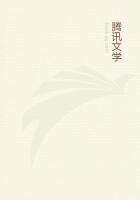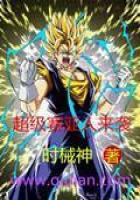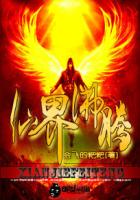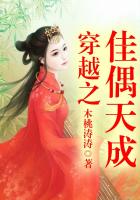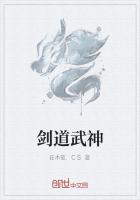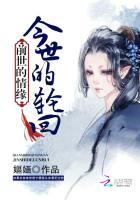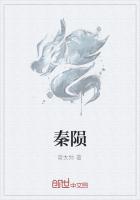THE COSSACKS
Lawlessness on the Steppe--Slave-markets of the Crimea--The Military Cordon and the Free Cossacks--The Zaporovian Commonwealth Compared with Sparta and with the Mediaeval Military Orders--The Cossacks of the Don, of the Volga, and of the Ural--Border Warfare--
The Modern Cossacks--Land Tenure among the Cossacks of the Don--
The Transition from Pastoral to Agriculture Life--"Universal Law"
of Social Development--Communal versus Private Property--Flogging as a Means of Land-registration.
No sooner had the Grand Princes of Moscow thrown off the Mongol yoke and become independent Tsars of Muscovy than they began that eastward territorial expansion which has been going on steadily ever since, and which culminated in the occupation of Talienwan and Port Arthur. Ivan the Terrible conquered the Khanates of Kazan and Astrakhan (1552-54) and reduced to nominal subjection the Bashkir and Kirghiz tribes in the vicinity of the Volga, but he did not thereby establish law and order on the Steppe. The lawless tribes retained their old pastoral mode of life and predatory habits, and harassed the Russian agricultural population of the outlying provinces in the same way as the Red Indians in America used to harass the white colonists of the Far West. A large section of the Horde, inhabiting the Crimea and the Steppe to the north of the Black Sea, escaped annexation by submitting to the Ottoman Turks and becoming tributaries of the Sultan.
The Turks were at that time a formidable power, with which the Tsars of Muscovy were too weak to cope successfully, and the Khan of the Crimea could always, when hard pressed by his northern neighbours, obtain assistance from Constantinople. This potentate exercised a nominal authority over the pastoral tribes which roamed on the Steppe between the Crimea and the Russian frontier, but he had neither the power nor the desire to control their aggressive tendencies. Their raids in Russian and Polish territory ensured, among other advantages, a regular and plentiful supply of slaves, which formed the chief article of export from Kaffa--the modern Theodosia--and from the other seaports of the coast.
Of this slave trade, which flourished down to 1783, when the Crimea was finally conquered and annexed by Russia, we have a graphic account by an eye-witness, a Lithuanian traveller of the sixteenth century. "Ships from Asia," he says, "bring arms, clothes, and horses to the Crimean Tartars, and start on the homeward voyage laden with slaves. It is for this kind of merchandise alone that the Crimean markets are remarkable. Slaves may be always had for sale as a pledge or as a present, and every one rich enough to have a horse deals in them. If a man wishes to buy clothes, arms, or horses, and does not happen to have at the moment any slaves, he takes on credit the articles required, and makes a formal promise to deliver at a certain time a certain number of people of our blood--being convinced that he can get by that time the requisite number. And these promises are always accurately fulfilled, as if those who made them had always a supply of our people in their courtyards. A Jewish money-changer, sitting at the gate of Tauris and seeing constantly the countless multitude of our countrymen led in as captives, asked us whether there still remained any people in our land, and whence came such a multitude of them. The stronger of these captives, branded on the forehead and cheeks and manacled or fettered, are tortured by severe labour all day, and are shut up in dark cells at night. They are kept alive by small quantities of food, composed chiefly of the flesh of animals that have died--
putrid, covered with maggots, disgusting even to dogs. Women, who are more tender, are treated in a different fashion; some of them who can sing and play are employed to amuse the guests at festivals.
"When the slaves are led out for sale they walk to the marketplace in single file, like storks on the wing, in whole dozens, chained together by the neck, and are there sold by auction. The auctioneer shouts loudly that they are 'the newest arrivals, simple, and not cunning, lately captured from the people of the kingdom (Poland), and not from Muscovy'; for the Muscovite race, being crafty and deceitful, does not bring a good price. This kind of merchandise is appraised with great accuracy in the Crimea, and is bought by foreign merchants at a high price, in order to be sold at a still higher rate to blacker nations, such as Saracens, Persians, Indians, Arabs, Syrians, and Assyrians. When a purchase is made the teeth are examined, to see that they are neither few nor discoloured. At the same time the more hidden parts of the body are carefully inspected, and if a mole, excrescence, wound, or other latent defect is discovered, the bargain is rescinded. But notwithstanding these investigations the cunning slave-dealers and brokers succeed in cheating the buyers; for when they have valuable boys and girls, they do not at once produce them, but first fatten them, clothe them in silk, and put powder and rouge on their cheeks, so as to sell them at a better price. Sometimes beautiful and perfect maidens of our nation bring their weight in gold. This takes place in all the towns of the peninsula, but especially in Kaffa."*
Michalonis Litvani, "De moribus Tartarorum Fragmina," X., Basilliae, 1615.
To protect the agricultural population of the Steppe against the raids of these thieving, cattle-lifting, kidnapping neighbours, the Tsars of Muscovy and the Kings of Poland built forts, constructed palisades, dug trenches, and kept up a regular military cordon.
The troops composing this cordon were called Cossacks; but these were not the "Free Cossacks" best known to history and romance.
These latter lived beyond the frontier on the debatable land which lay between the two hostile races, and there they formed self-

